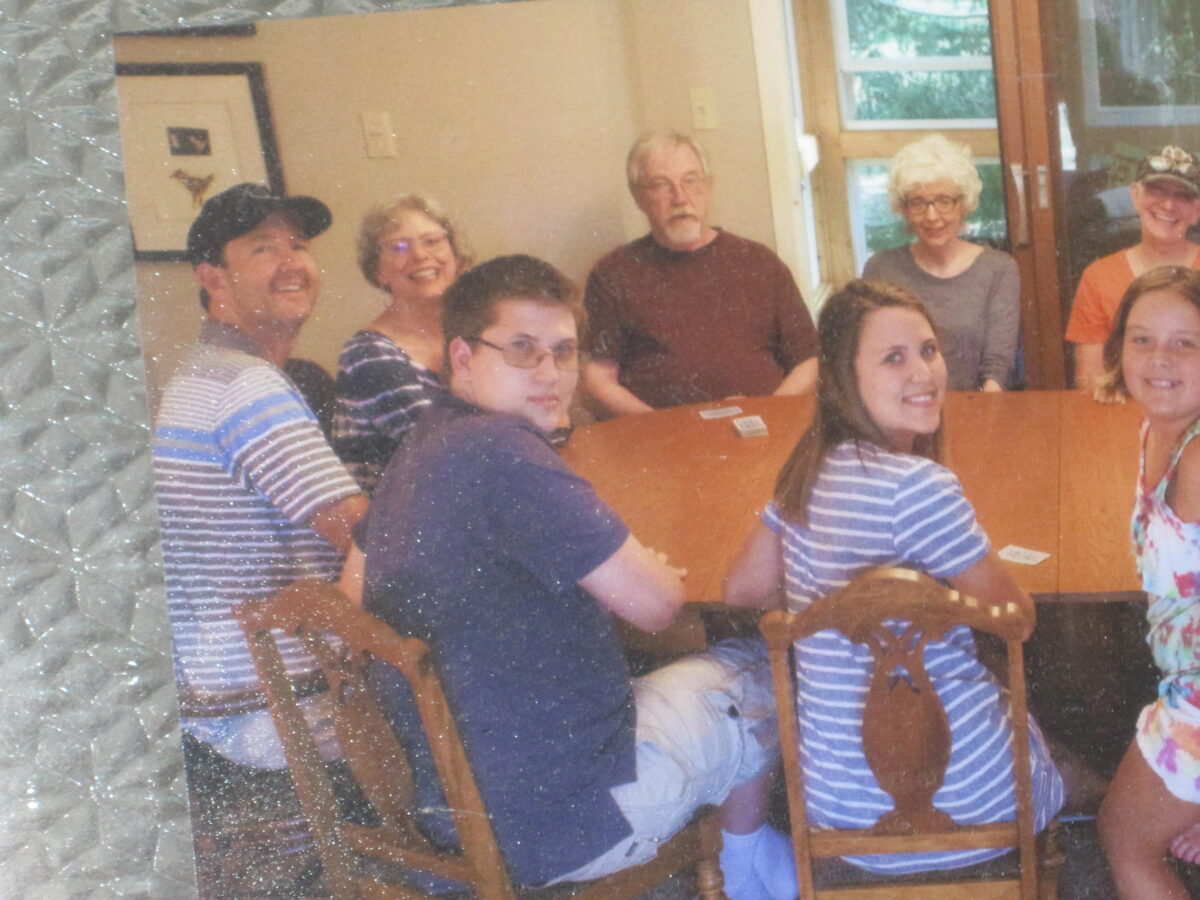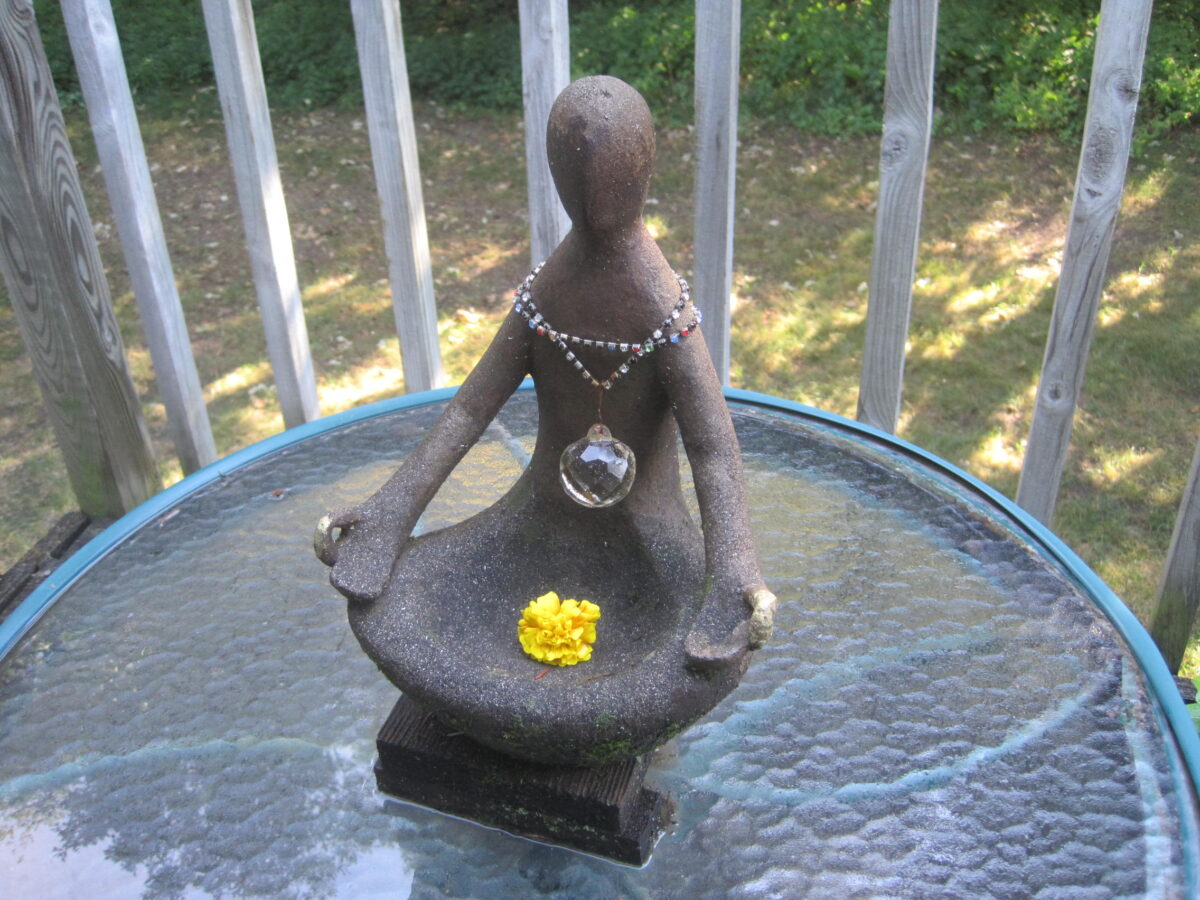We live in a time of differing, diverse, & divisive opinions. Being a person who not only likes but loves agreement, I wish there was a way we could listen to each other more.
Because of how transformative Sigmund Freud’s creation psychoanalysis has been for me, I study him, his work, and psychoanalytic literature. You don’t have to know much about Freud before you learn that he and Carl Jung had a falling out.
Peacemaker that I am, I would like to imagine they could have reached an agreement and continued to work together but we know this didn’t happen. So what was their main difference?
Freud didn’t invent the unconscious, but he was instrumental in making this word the household name that we use to describe the part of our mind we don’t know.
Freud believed that instincts arise from our unconscious. He thought the unconscious was rooted in somatic, bodily, or biological processes. He called these instincts. He believed that these instincts had no sense of what was right or wrong. Freud preached that the instincts wanted satisfaction, no matter what the cost.
Jung disagreed with Freud’s definition of the unconscious and tried to talk Freud into adding other elements to the unconscious. Jung wanted Freud to include symbols, archetypes, and myths. Jung even wanted to include the Christ figure.
Jung believed that below the personal unconscious was a collective unconscious. This collective unconscious was universal and where archetypes would be found.
The way I see it, their main difference was related to the unconscious. My question: Could there be a healthy way for these two men to keep working together? Do you stay in relationships with people when you have opposing views? How do you make it happen? Could it have worked for Freud and Jung?
Please let me know!









10 comments
Pondering this one in my pajamas. Staying in the relationship seems to me the “should”. The Louisville branch of the Sonner family are about as far as possible to the other end of the spectrum from my position. Some of them seem to have accepted the fact that a granddaughter married an African American woman. They have an adorable 2year old and if a child can’t alter your position, what can? We just avoid talking about stuff, same with people here where I live.
I want to challenge statements they make, enlighten them to our white privilege, but seldom do.
How much time and energy do I want to spend with those who don’t have my value system? I am not going to change so how can I expect others to? I guess as long as it doesn’t keep me awake at night I can live with the idea of some relationship is better than no relationship. Would love to have this discussion today with Larry Sonner. Of course, we had it often.
Sue – So much in your message – so much wisdom! Especially your point that you are not going to change so how can you expect others to change!
I sincerely hope that keeping in mind our white privilege we don’t always have to speak about it – though sometimes we need to – but that our
lack of agreement will at least make the other curious.
Yes, I would love to have Larry’s perspective on Freud and Jung and whether they could make peace.
And yes, your comment that a child will help us is so true.
Thanks for reading and commenting – I learn from you. Sending love, Nicky
Sue, I remember you & Larry way back in my Grace Methodist days ❤️
I just wanted to connect & let you know that my dear friend, Margaret Severino, lives at Brio with her husband, Frank.
Margaret would be a most lovely, open, and spiritual soul to have deeper-wiser conversations with. Perhaps you know her.
Warmly, Marsha (McMaster) Hines
Hi Marsh! Glad you found us! I will tell Sue of your message and look forward to your comments in the future!
Nicky
My first thoughts are that if they both could have kept asking each other, “if that is true then what does that lead to or also mean?” If the story continues on either side in a productive way, then it can have a beneficial outcome on both. If there is no productive meaning or effects from either one’s theory, then it could be let go.
Let me know if this makes sense?
Hi Mark,
Yes, I think that makes a lot of sense. I like your conclusion that if nothing good comes of the discussion, it can be let go. Hopefully without rancor. Hopefully with some new knowledge about someone else’s world so compassion comes easier.
Thank you so much for letting me know your first thoughts. I would love to hear more when you feel ready.
Love,
Mom
I generally have been pretty open to people having different opinions and ways of doing things. In fact I enjoy the diversity and the new insights I gain.
In the current climate, however, I find a line gets crossed when someone wants to force their opinion or way of doing things on me, whether I want it or not. So, not really knowing anything of the story of Jung and Freud, wondering what might have prevented them from just appreciating each other’s points of view without feeling they had to impose their own method on the other?
Also, it occurs to me to wonder which man might have been happier/more fulfilled in his life…
Anon
Hello, Anon who has asked for privacy,
It is interesting how much easier it is to hear differing opinions when they do not feel forced upon us.
Good point thinking about whether Freud and Jung could step back and appreciate the other. I think both felt the other was demanding compliance in a universal way. Freud wanted a loyal disciple and Jung wanted to be heard.
Thank you so much for reading and commenting.
Thanks for this thought-provoking essay.
I’ll have to think about it a bit more. Could Jung and Freud have stayed together regardless of their disagreements? I don’t know. They seemed to have chosen not to. But when we are dealing with the unconscious and trying to talk about it, I think it’s important to recognize that words will only take us so far. So, perhaps, if both men were really aware of their unconscious in its non-verbal manifestation, they could have found some common ground. Maybe?
With regards to your idea about Christ being a part of the unconscious, I recently wrote about how the idea of Original Sin is a part of our collective unconscious – whether we choose to have it there or not: https://zenfields.org/2021/09/09/a-belief-that-changes-the-world/
Would love to hear your thoughts on that.
Hi Daishin, Thanks for reading and commenting. So important to remember our feelings – which is what I think you are saying.
Words without feelings are worthless.
I read your article about Original Sin and agree wholeheartedly that the idea that we are/I am flawed is deep in our unconscious.
I like how Zen Buddhism helps me carve it out each time I sit.
Thanks again!
Comments are closed.